Chancellor’s Fellow Professor of Surgery and of Biomedical Engineering, Vice Chair of Department of Surgery and Department of Biomedical Engineering;
University of California - Davis, USA


Forum & Conference

Journal of Biomedical Science

IABS Publisher

Professor & Director of Center for RNA Nanobiotechnology and Nanomedicine; The Ohio State University, USA

Dept. of Chemistry; University of North Carolina – Charlotte, USA

Dept. of Chemistry and Biochemistry; The Ohio State University, Columbus, USA
5" International Conference on Biomotors, Virus Assembly, and RNA Nanobiotechnology

Chancellor’s Fellow Professor of Surgery and of Biomedical Engineering, Vice Chair of Department of Surgery and Department of Biomedical Engineering;
University of California - Davis, USA
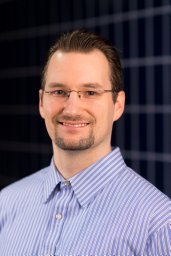
Assistant Research Scientist, Department of Chemistry;
University of Michigan - Ann Arbor, USA

Professor, RNA Therapeutics Institute, Chan Medical School;
University of Massachusetts, USA
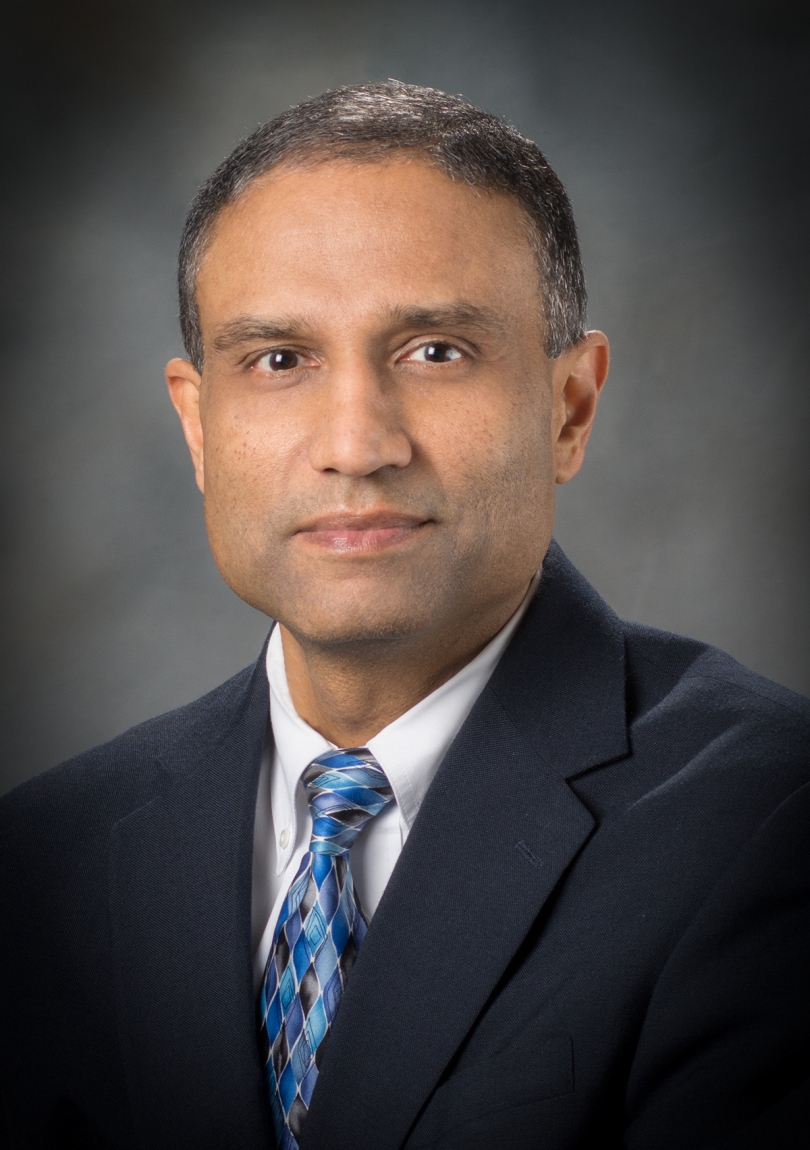
Professor; Vice Chair for Translational Research in the Departments of Gynecologic Oncology and Cancer Biology; Co-director of the Center for RNA Interference and Non-Coding RNA
MD Anderson Cancer Center, USA
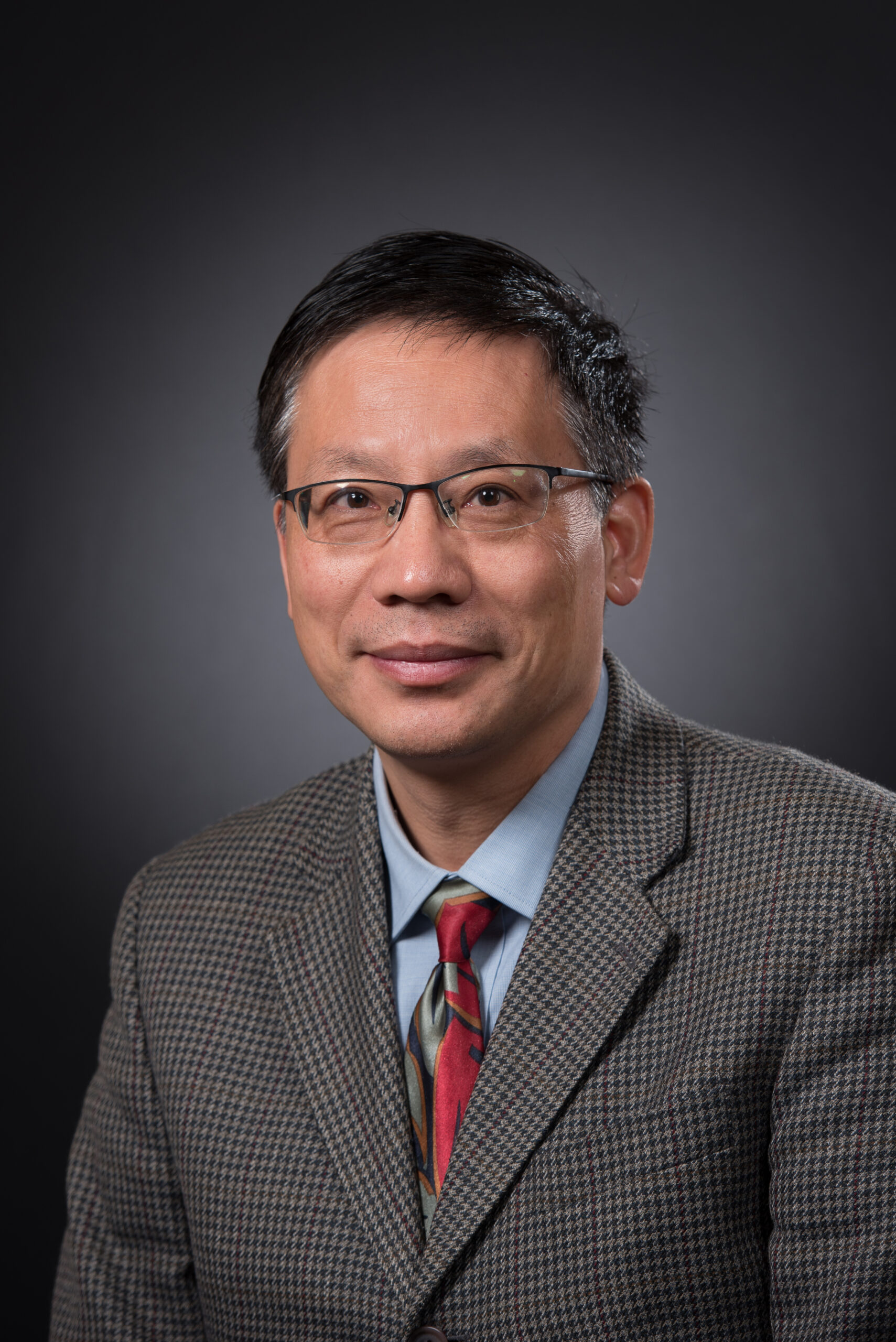
Professor, School of Engineering;
Santa Clara University, USA
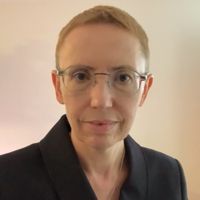
Senior Vice President;
Alltrna
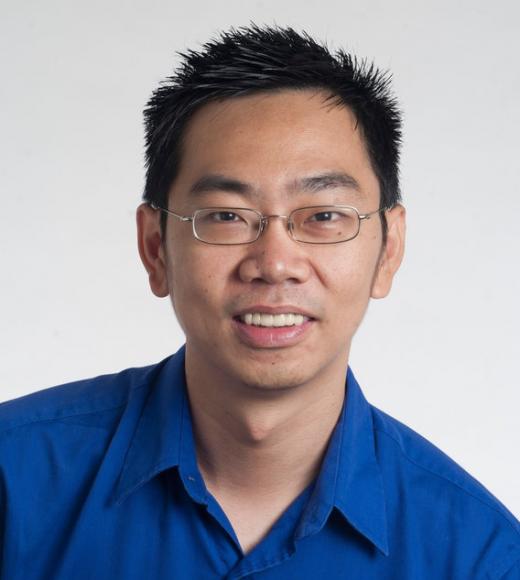
Professor of Biomedical Engineering;
University of California - Davis, USA
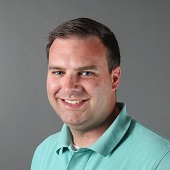
Research Assistant Professor, College of Pharmacy;
The Ohio State University, USA
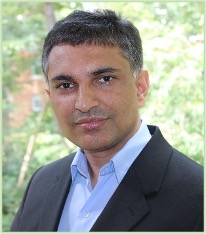
Associate Professor, Department of Chemistry & Biochemistry, College of Natural and Mathematical Sciences;
University of Maryland, Baltimore County, USA
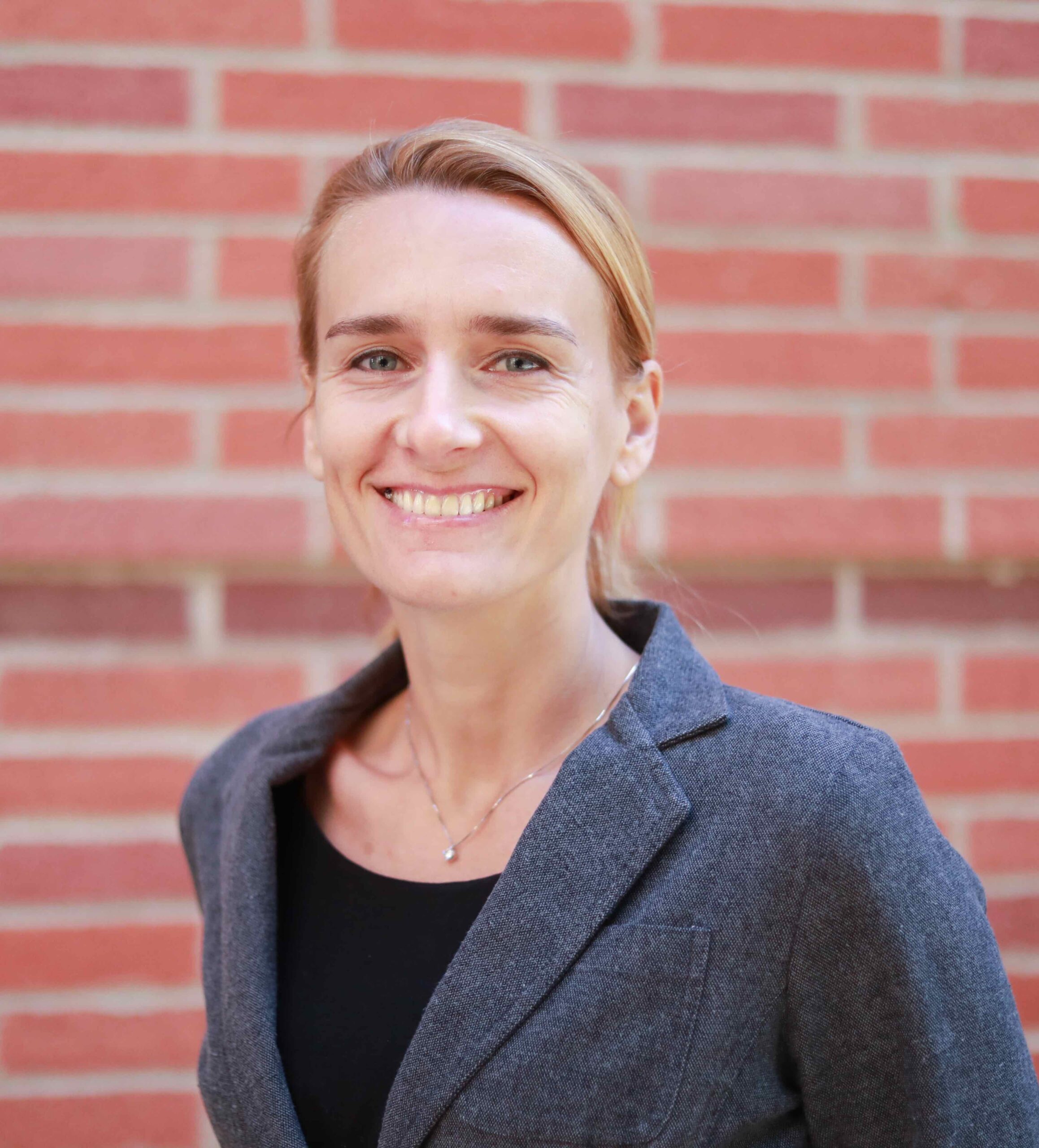
Professor of Mechanical & Aerospace Engineering and Bioengineering, Molecular Biology Institute;
University of California - Los Angeles, USA
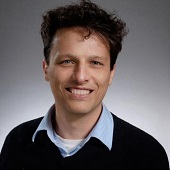
Associate Professor, College of Pharmacy;
The Ohio State University, USA
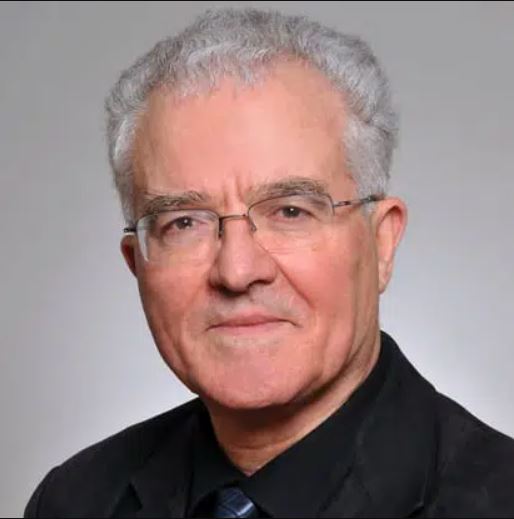
Professeur(e) Emérite;
Université de Strasbourg, France